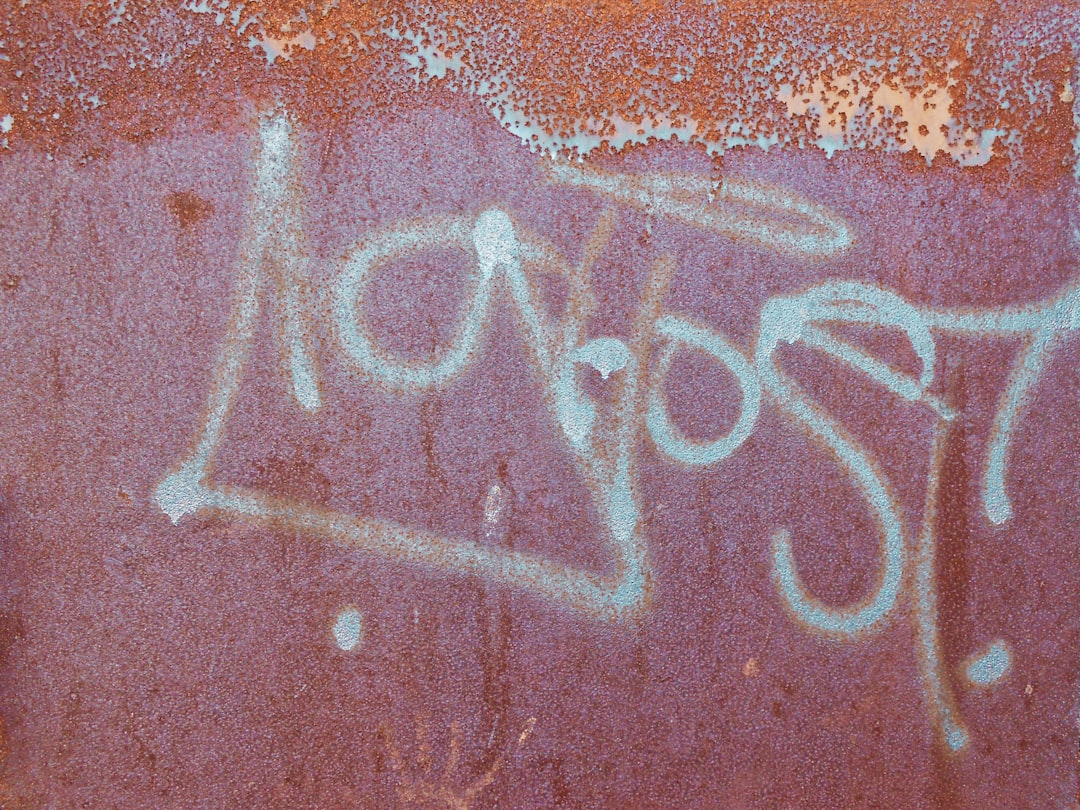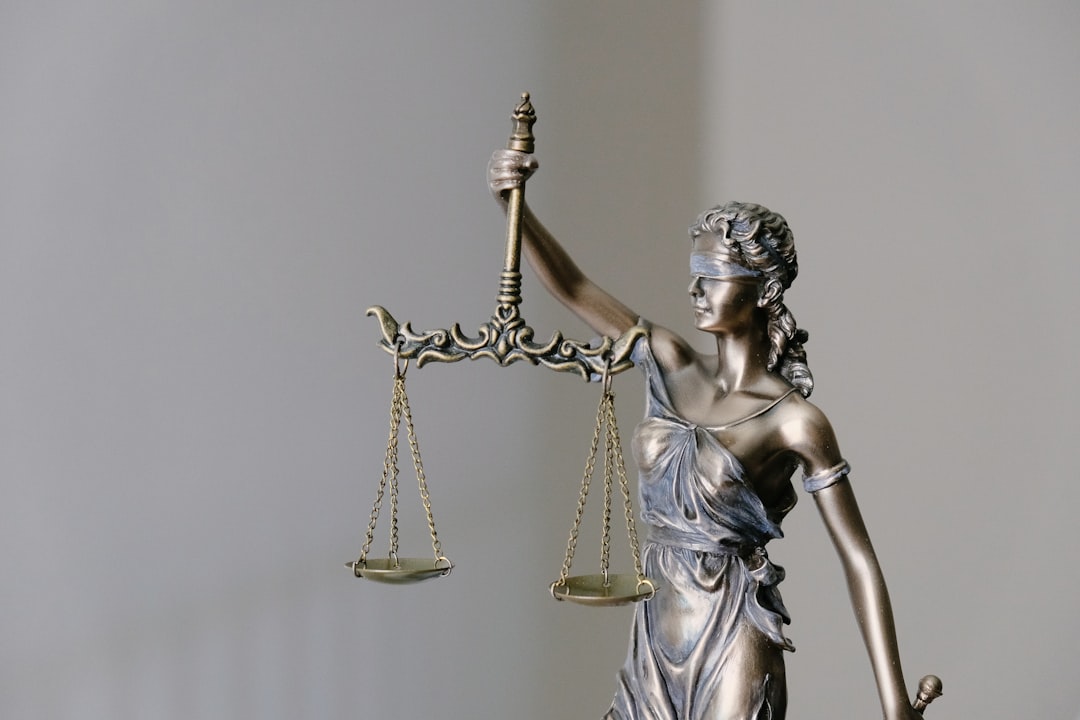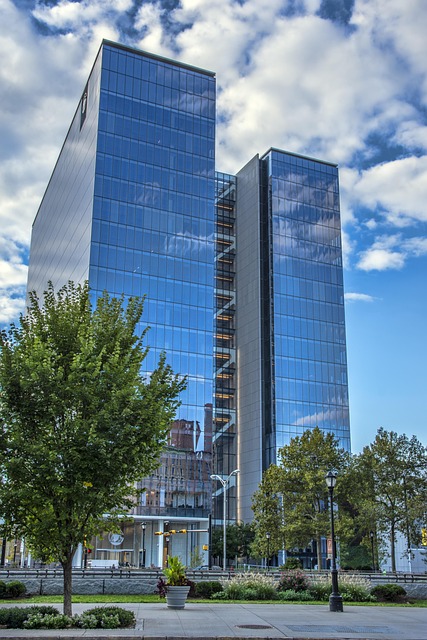Newark, NJ faces a crisis of persistent sexual abuse in schools, highlighted by decades of exploitation. Legal loopholes in legislation contribute to systemic failures, impeding victims' access to justice and discouraging reporting. To combat this, a multi-faceted strategy is required: robust policies, staff training, transparent reporting mechanisms, and dedicated school abuse attorneys who ensure fair procedures, conduct investigations, and hold perpetrators accountable. These efforts aim to create safer spaces and deter future incidents.
In Newark, NJ, navigating systemic failures in preventing school sexual abuse has emerged as a pressing issue. This article delves into the complex web of challenges faced by the city’s schools, exploring the roots of the crisis through legal loopholes and their impact on student safety. We offer actionable strategies for comprehensive prevention and justice, highlighting the crucial role of a school abuse attorney in Newark to advocate for victims and strengthen protection measures.
Understanding Newark's School Sexual Abuse Crisis
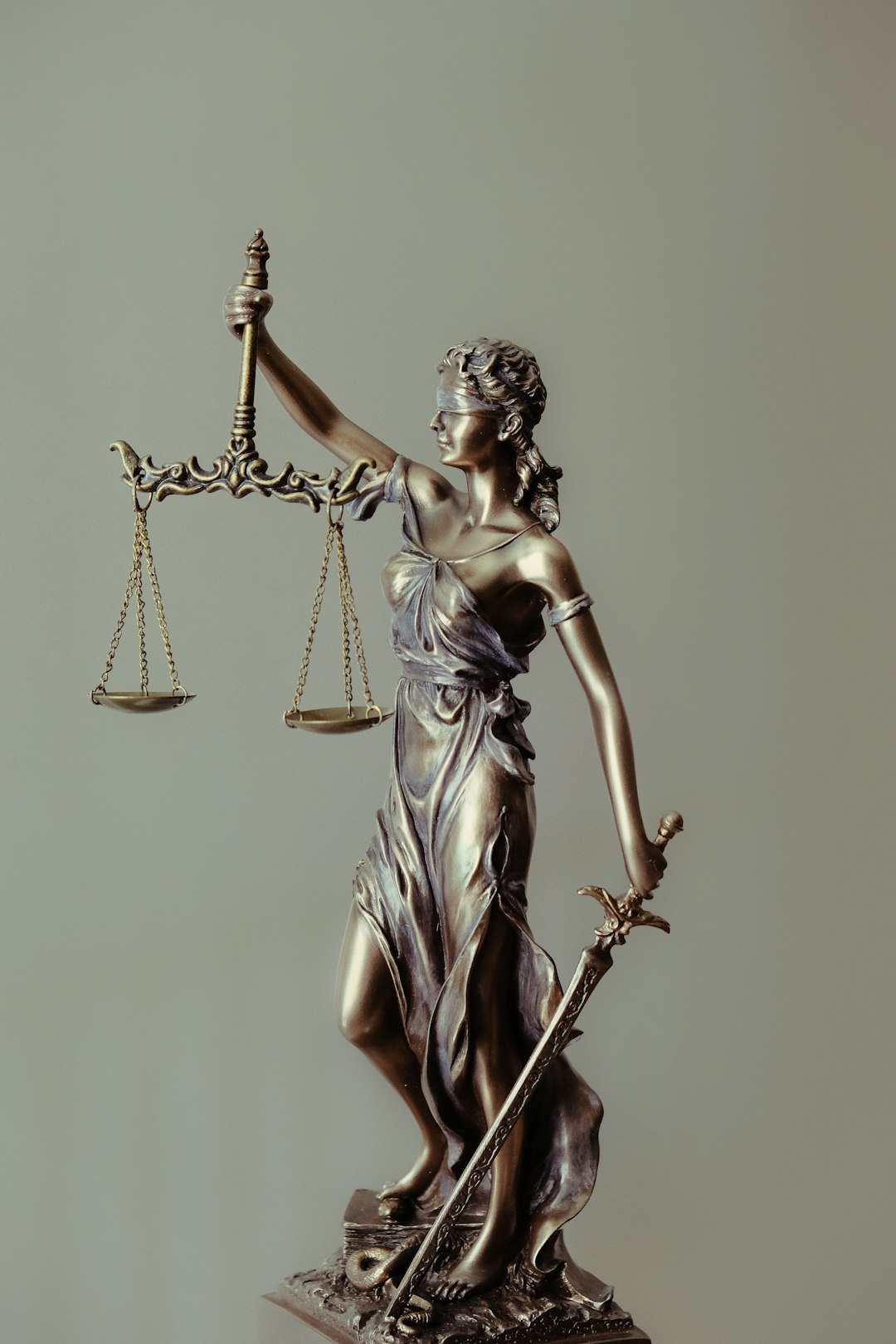
Newark, NJ, has faced a significant crisis in addressing and preventing sexual abuse within its schools. This issue has garnered widespread attention, prompting an urgent need for systemic reforms. The city’s struggle to combat school sexual abuse highlights complex factors contributing to this problem. Many victims have come forward with harrowing stories of exploitation, spanning decades, within the school system.
The situation demands the involvement of dedicated professionals, including experienced school abuse attorneys. By examining past cases and identifying failures in reporting, policy implementation, and student support, Newark can work towards creating a safer environment. Understanding these systemic failures is crucial in holding institutions accountable and ensuring that students’ well-being takes precedence.
Legal Loopholes and Their Role in Systemic Failures
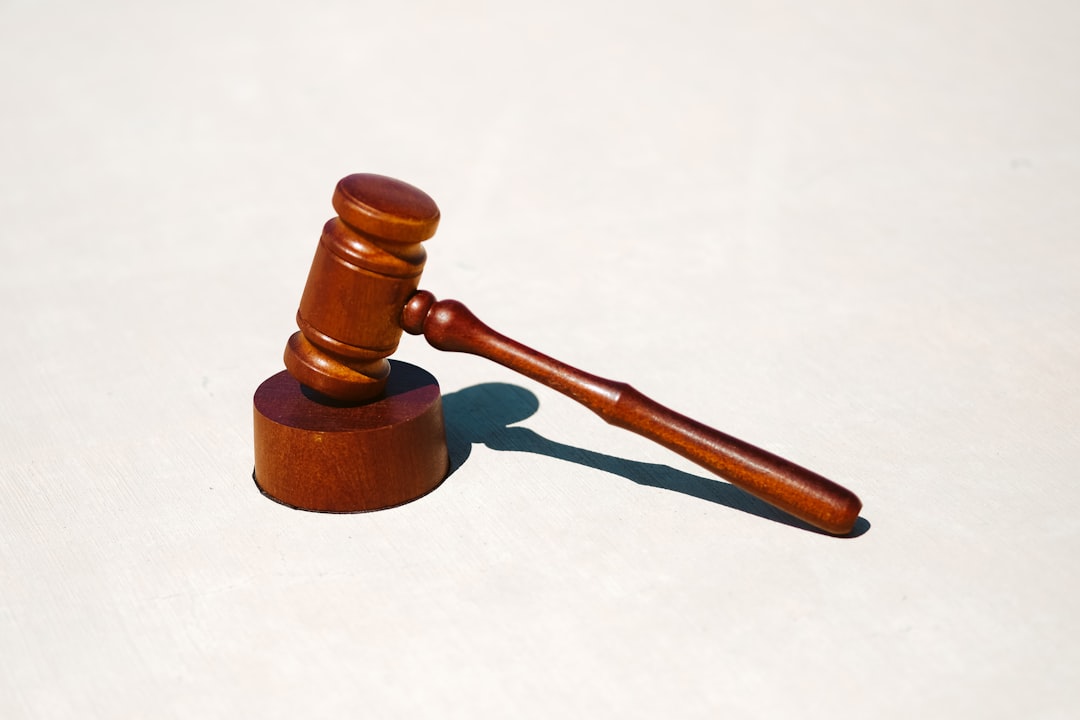
In the context of school sexual abuse in Newark, NJ, legal loopholes play a significant role in perpetuating systemic failures. These gaps in legislation often provide abusers with avenues to avoid prosecution and evade accountability. For instance, certain laws may not adequately define or address specific types of inappropriate conduct, leaving prosecutors with limited options to charge offenders. As a result, cases may be dismissed or settled out of court, allowing perpetrators to remain unpunished.
The absence of robust legal frameworks also impacts the rights and safety of victims. Without clear guidelines and stringent enforcement, reporting mechanisms can become ineffective, deterring students from coming forward due to fear of retaliation or lack of trust in the system. This further complicates efforts by school abuse attorneys in Newark NJ to seek justice for affected individuals, exacerbating the existing trauma and insecurity felt by survivors of school-based sexual misconduct.
Strategies for Comprehensive Prevention and Justice

Addressing systemic failures in preventing school sexual abuse requires a comprehensive approach that encompasses multiple strategies. One key component is implementing robust policies and training programs aimed at educating both students and staff about consent, boundaries, and the importance of reporting suspicious behavior. This includes regular workshops, assemblies, and interactive sessions that foster an environment where everyone understands their rights and responsibilities in maintaining a safe learning space.
Additionally, it is crucial to establish transparent reporting mechanisms and strict protocols for investigating allegations promptly. A dedicated school abuse attorney in Newark, NJ, can play a vital role in ensuring these procedures are fair, effective, and compliant with legal standards. This involves creating safe spaces for victims to come forward without fear of retaliation, conducting thorough investigations, and holding perpetrators accountable through appropriate legal measures. Such efforts not only bring justice to those affected but also serve as a deterrent, contributing to a safer school environment for all students.
